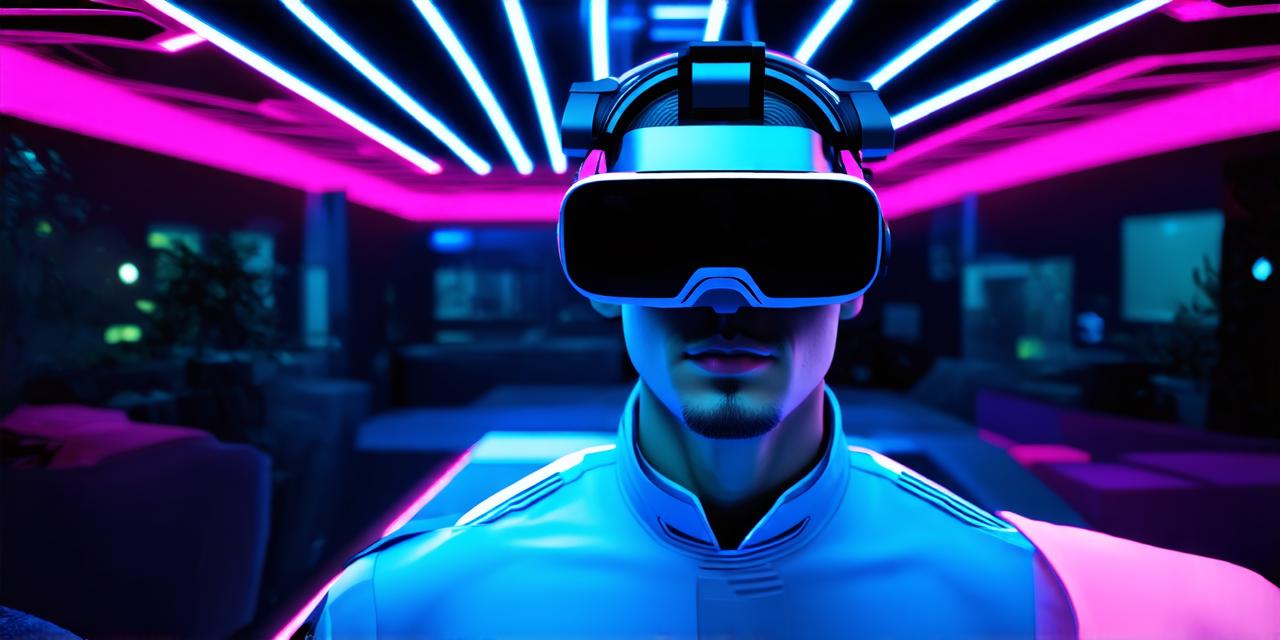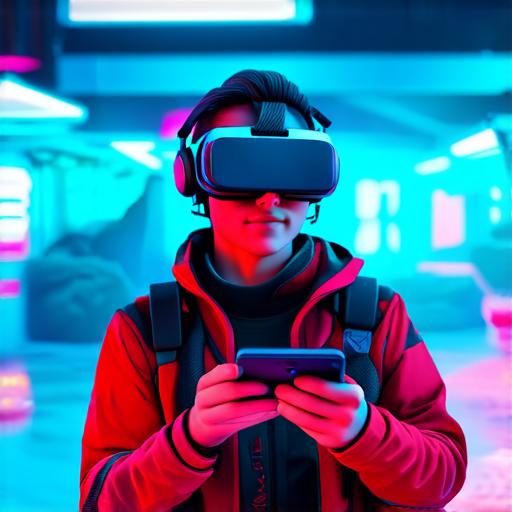
What does experiencing virtual reality feel like?

Sensory Overload: The Sensations of VR
One of the most striking aspects of virtual reality is the immersive nature of the experience. When you put on a VR headset, you are transported into a digital world that engages your senses in ways that traditional media cannot. As you move your head and body, the environment around you changes in real-time, creating a sense of presence and immediacy that can be both exhilarating and overwhelming.
For many users, the sensory overload of VR is both thrilling and disorienting. The rapid pace at which information is presented can be overwhelming, and it’s not uncommon for users to feel dizzy or nauseated when first experimenting with VR. However, as you become more comfortable with the technology, these sensations subside, and you begin to experience a sense of freedom and wonder that is truly unique.
Emotional Impact: The Power of Immersive Experiences
In addition to its sensory impact, virtual reality also has a powerful emotional effect on users. By creating immersive experiences that simulate real-world scenarios, VR can tap into our deepest fears, desires, and emotions in ways that traditional media cannot. For example, a user might feel a sense of fear when confronted with a virtual monster or a sense of excitement when soaring through the sky on a virtual wingsuit.
The emotional impact of VR can also be transformative. By allowing users to experience new things and see the world from a different perspective, VR can help them develop empathy and understanding for others. For example, a user might experience the challenges faced by a person with disabilities or the hardships of living in poverty by exploring a virtual representation of those experiences.
Real-Life Applications: How VR is Changing the World
Virtual reality is already being used in a variety of industries to enhance training, entertainment, and education. In healthcare, for example, VR can be used to simulate surgical procedures or to create realistic representations of medical conditions for patients to better understand their treatments. In manufacturing, VR can be used to train workers on complex machinery or to test new products in a virtual environment before they are released to the market.
In entertainment, VR is being used to create immersive gaming experiences that blur the line between reality and fiction. For example, users might step into a virtual world where they can fight off hordes of zombies or explore ancient ruins filled with treasure. In education, VR can be used to create interactive lessons that engage students in new ways and help them better understand complex concepts.
The Future of Virtual Reality: Where it’s Heading and What it Means for You
As virtual reality technology continues to evolve, we can expect to see even more innovative uses for this immersive technology. From education to entertainment, healthcare to manufacturing, VR has the potential to transform virtually every industry.
For virtual reality developers, this means a growing demand for skilled professionals who can create engaging and interactive experiences for users. As the technology becomes more accessible, we can expect to see even more opportunities for creatives to explore new ways of storytelling and expression through VR.
In conclusion, experiencing virtual reality firsthand is an immersive and transformative experience that engages your senses and taps into our deepest emotions.


